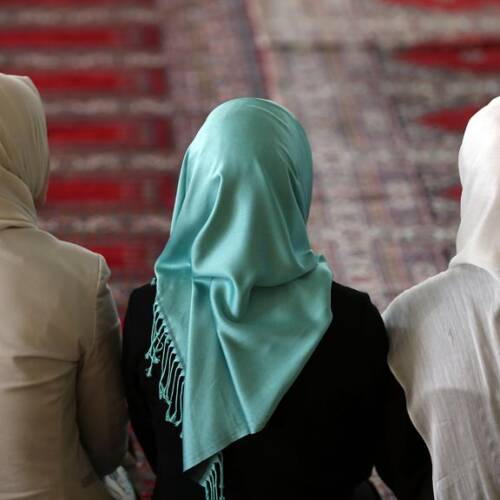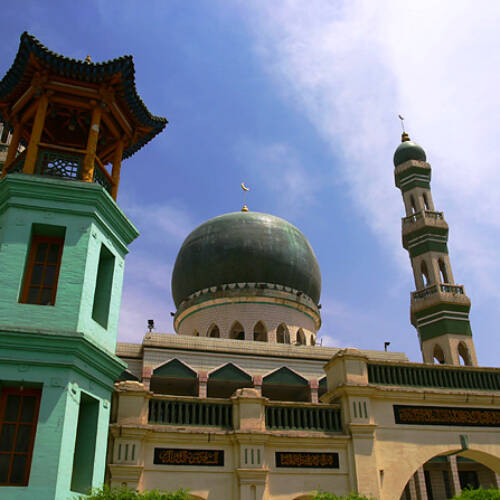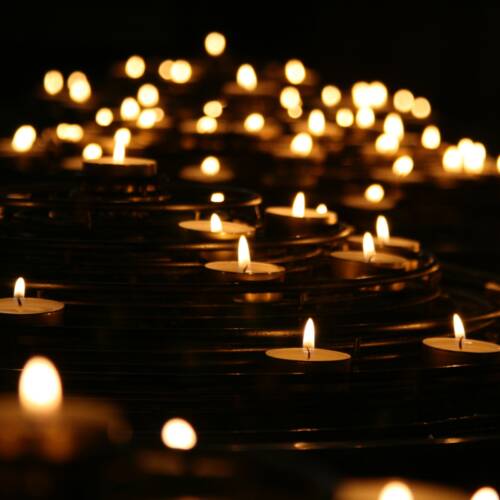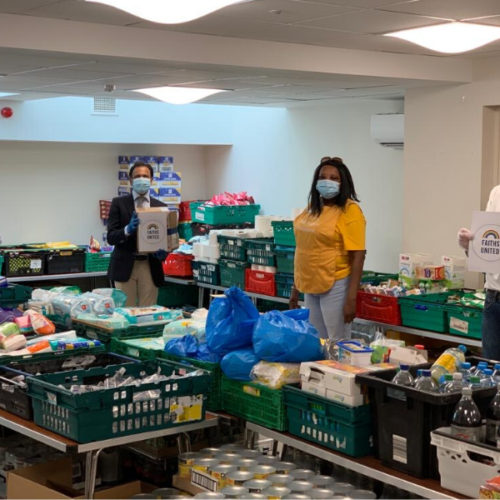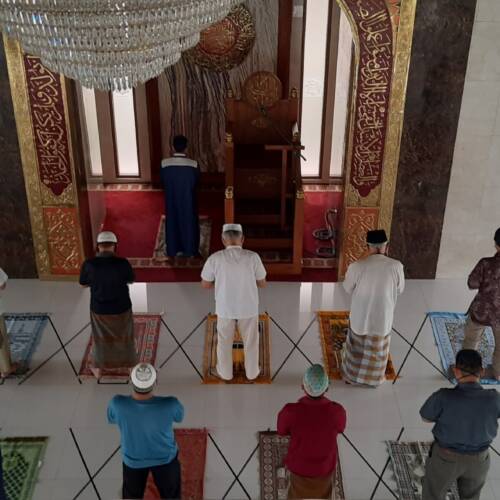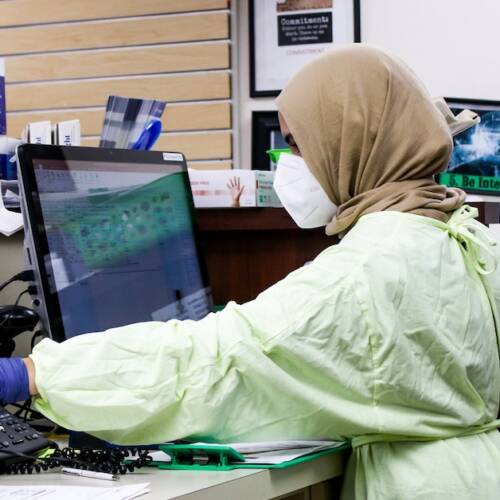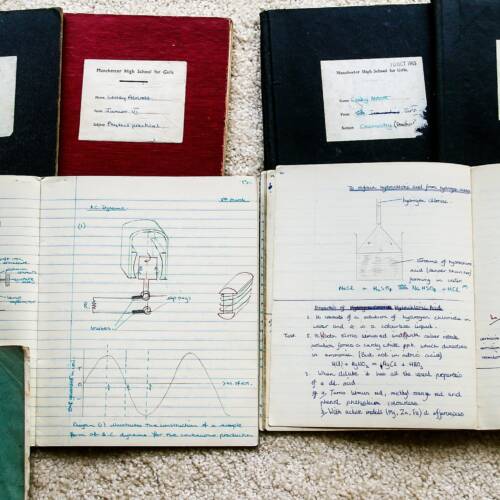
Makeshift Morgue Built in Birmingham Mosque Shows the Impacts of Coronavirus on Minorities
29 Apr 2020The construction of a makeshift morgue at a mosque in Birmingham is showing the impact that the ongoing coronavirus outbreak is having on the United Kingdom’s minorities. Birmingham, as well as the wider West Midlands, are experiencing some of the highest levels of COVID-19 deaths outside London and is also one of the biggest homes of the UK’s minorities.
In order to deal with the rising need for morgues and temporary spaces to house bodies, a number of mosques in the region, which were already shut down to adhere to the lockdown, have been forced to make accommodations, including converting parts of their facilities to makeshift mortuaries. With the death toll in the UK due to COVID-19 now over 20,700 and with the country’s Black and Minority Ethnic (BAME) populations feeling the greatest impact, officials say that these facilities are already seeing much-increased use.
“We were doing five to six funerals a day”
Since the outbreak in Birmingham escalated, a number of mosques have been turned to makeshift mortuaries or have otherwise made adjustments towards accommodating more funerals while observing social-distancing rules. Chief among them is the Central Jamia Mosque Ghamkol Sharif in Birmingham’s Small Heath. Like others in the area, the mosque is currently shut down due to the outbreak and the mosque’s management, aided by volunteers, have decided to turn the parking lot into a mortuary. The volunteers have built marquees and brought cooler units funded entirely by the mosque’s own finances. The makeshift mortuary has a capacity of 150 and is open to all faiths. However, most of those being interred here are locals. Mohammed Zahid, a mosque trustee who helped set up the mortuary alongside a group of Muslim funeral directors said that they were doing five to six funerals a day since the outbreak started, a significant rise from one or two funerals a week before the outbreak.
The picture is not too different in the nearby Green Lane Mosque. On average, the mosque holds about 25 funerals a year. However, Saleem Ahmed, the mosque’s head of welfare services, says that five funerals a day have taken place over the past three weeks.
“Everybody’s worrying about whether it will be their family members next”
The mood in the mosque and the community over the situation has been, understandably, sombre. Zahid says that the mood among the volunteers, many of whom are spending their Ramadan working in the mortuary, is “as expected.”
The funerals themselves are turning into increasingly difficult affairs. The social-distancing rules mean that most funerals allow only a handful of people, plus an imam, to attend the funeral. For local families who tend to be large, the grief from the loss of a family member is worsened by the idea that some family members are forced to stay at home instead of saying farewell to their loved ones for one last time.
The sadness is compounded by the fear that there is more to come. Zahid, who himself lost two aunts to the outbreak, says that the mortuary has not yet reached capacity, allowing the mosque to give everyone proper funerals. However, many in the community are fearful that there is more to come and uncertain how much longer the crisis will last.
“I honestly don’t know how long we anticipate it being here – that’s very difficult to answer,” says Munir Hussain, a chaplain and one of the volunteers in the mortuary.






